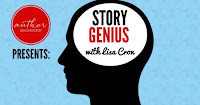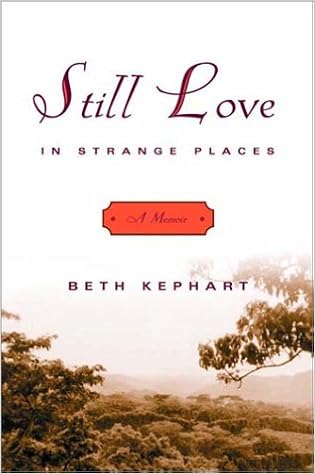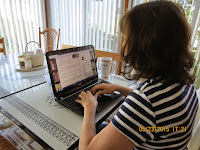Always good questions to contemplate each month with IWSG. The only book-length manuscript I’ve ever created is my college memoir. I’ve taken a few months before revising and creating yet another draft. The book is finally being beta read now. Yay!
When I create short stories, however, I usually wait a week or two before revising. I request a few writer friends to offer critiques to help in revision. Then after revising the story and making it the best I can, I swallow—hard—and send the story out. Praying all the while that I have something marketable in the eyes of the gatekeepers.
As a writer, I need to be careful not to get stuck in the vicious cycle of constantly revising my manuscripts. Has this ever happened to you?
I was concerned that my problem with constant revision was happening with my college memoir. I was hooked on all my funny anecdotes. I loved them. I still do! They make me laugh in all the right places. But memoir needs to be more than a collection of funny anecdotes. People look to memoir to learn something about the writer/protagonist as well as themselves. Universal themes the editors call it.
I didn’t wish to “use up” my generous beta readers’ time by sending them a lengthy manuscript that needed a lot of work. That’s why before I sent the whole manuscript out to beta readers, I had an editor help me finetune it. Have you ever used a developmental editor or book coach to help you write a strong draft of your story?
I’m also in the process of getting my website together. Victoriamarielees.com through hover. I hope to have it ready by July 2021.
It will be interesting to see how you’ve tackled this month’s question. It’s wonderful having a topic to share our thoughts on each month. I am extremely thankful for all of you for being my sounding board and advisors in this writing and publishing journey.
Thanks for visiting! And be sure to stop by Adventures in Writing again.
This post was written for the Insecure Writer’s Support Group. I’d like to thank our co-hosts for June: J Lenni Dorner, Sarah Foster, Natalie Aguirre, Lee Lowery, and Rachna Chhabria! Please visit them if you can.
Our group posts on the first Wednesday of every month. To join us, or learn more about the group, click HERE.


















.JPG)
